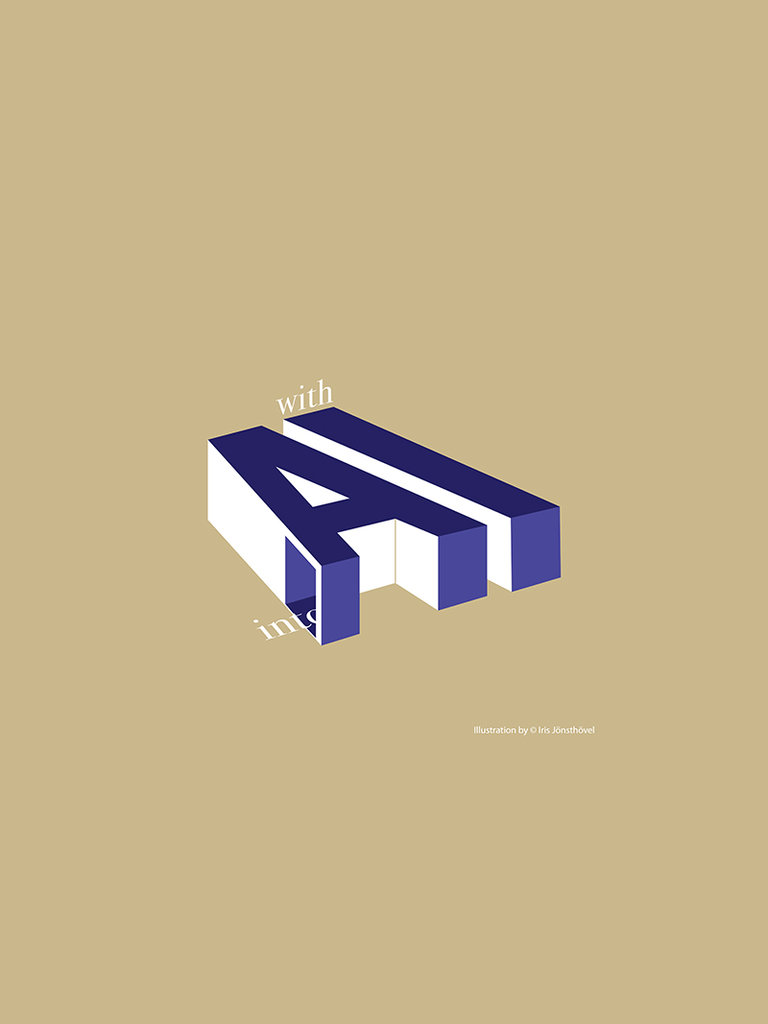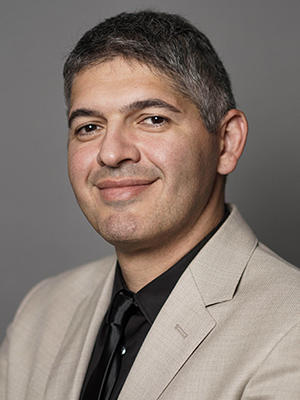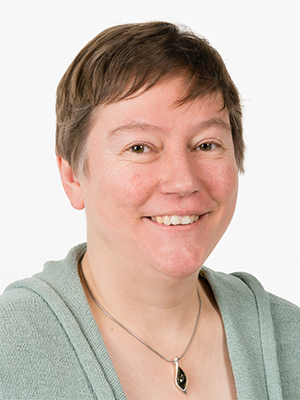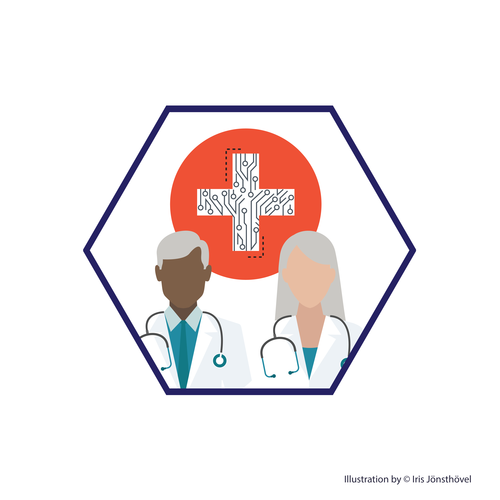
AI brings out the best in humanity and in medicine

Alessandro Bozzon

Catholijn Jonker
The Hippocratic oath sworn by care providers is about humanity: exactly where AI technology falls short. But if Prof. Alessandro Bozzon and Prof. Catholijn Jonker have their way, that is all set to change.
Across the world, healthcare faces urgent problems. These include staff shortages, health disparities between population groups and the management of current and future pandemics. AI offers new potential for effective solutions. But it fails to take account of the central component of the Hippocratic oath: human dignity. That means putting the patient first, respecting their views, doing no harm, listening and keeping their secrets.
People first
AI innovation in health and care at TU Delft is based on the university's characteristic system approach: AI must strengthen the care ecosystem in which it operates. And people always come first, both as the beneficiary and controller of AI systems. In order to achieve success, you need to teach people how AI works; and teach AI how people think and what values matter to them. This is Jonker and Bozzon’s area of research: interaction between humans and AI. They are laying the groundwork for a Hippocratic oath for AI.
Alessandro Bozzon, professor of human-centered AI, is attempting to explain to AI what matters to people. For example, to a smart system that uses risk factors to predict a patient’s likelihood of post-operative complications. The system is being trained with medical data (see box). It can contribute to personalised healthcare, but also needs to guarantee good care for every patient. Bozzon: “But are the data really representative of the population? Are there no biases? Our work focuses on the criteria and methods for determining that and the role that AI can play in it."
Ethically responsible
Ensuring that a dataset is without human pitfalls marks an important first step towards value-driven innovation. Another question that involves human values is: when is a system performing effectively? Accurate prediction alone is not enough. The system needs to be accountable for what it bases its results on and be capable of processing human feedback. Bozzon: “Taking account of this can make AI effective and trustworthy."
But when do users experience AI as being trustworthy and usable? And how do you translate that into criteria for technology? These are the questions that Catholijn Jonker, professor of interactive intelligence, is working on. Jonker and her team are developing AI that acts as an intermediary, supporting decision-making through mediation. This can take the form of a virtual world that helps people to deal with post-traumatic stress disorder. Or it can manifest itself in such tools as Grippy, a glove that detects stress at an early stage, coaches the wearer by issuing warnings and adjusts its intervention based on feedback.
Smart mediator
An even more ambitious innovation involves smart mediators. For example, a mediator that assists doctors in consultations with colleagues by providing summaries, visualising outcomes and highlighting key aspects of care that have not been discussed. Jonker: “Most of my studies are on people. What aspects improve the outcome of that kind of consultation? What unspoken rules and values apply? What differences between participants determine the outcome? And how can we develop these concepts in such a way that doctors find the mediator trustworthy and useful?”
Both Bozzon and Jonker stress the importance of human-centered innovation, especially in care. Bozzon: “It’s all about public health, inclusivity and personal care. In this, upscaling is a key issue: it makes us adopt an even more critical approach, because the consequences affect groups or whole populations.”
Care as a touchstone
The healthcare ecosystem provides TU Delft with an effective touchstone. It helps to relate AI to a real situation. Jonker: “It also gives us direction: where are the main issues and pitfalls?"
Lucky
Jonker considers herself lucky to be working at TU Delft, which has traditionally adopted an interdisciplinary approach and is therefore good at bringing together the competences required. From mathematical design to ethics and application in technology. “TU Delft attracts people who not only want to know how it can be done – they also want to see it work."
